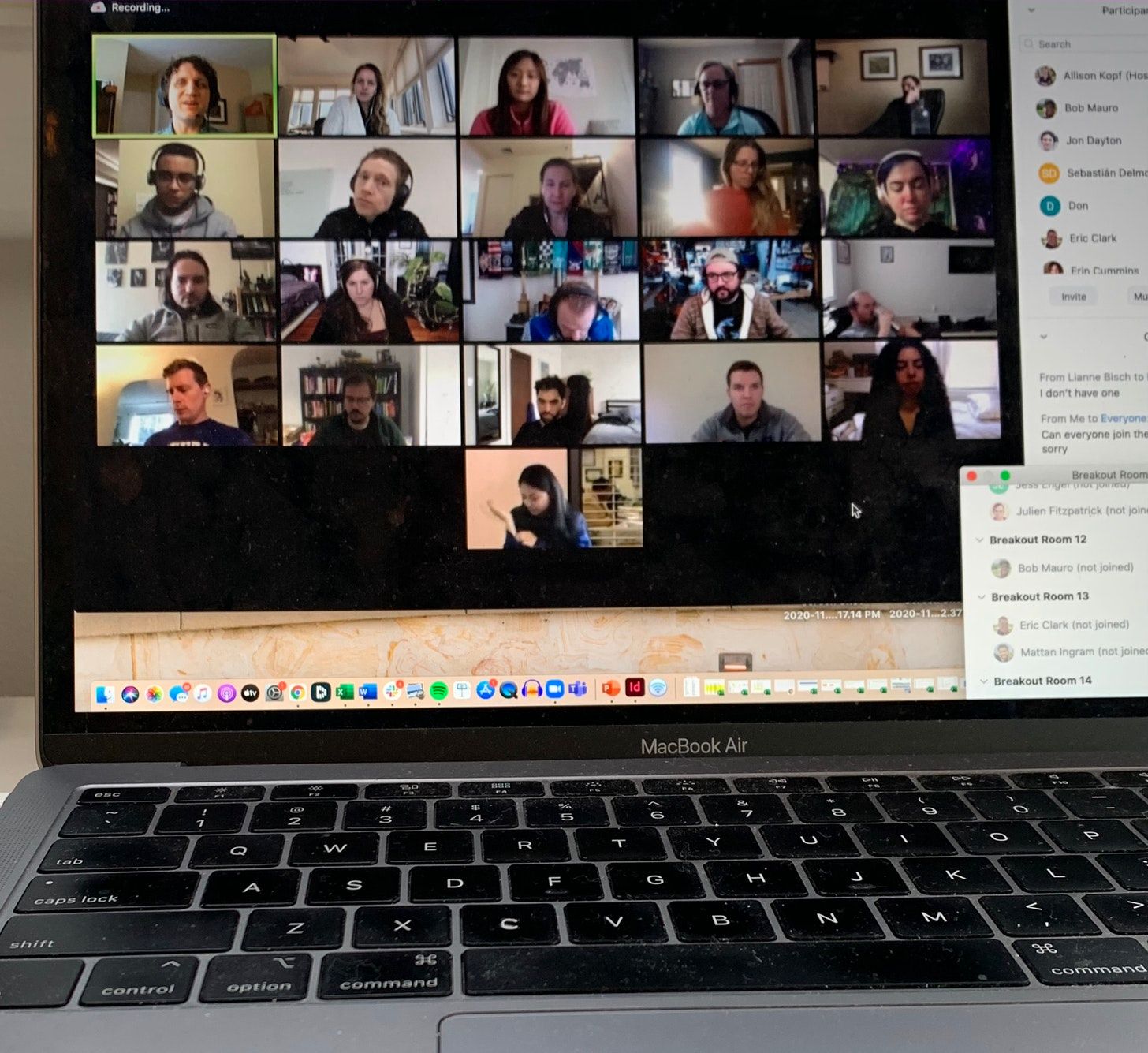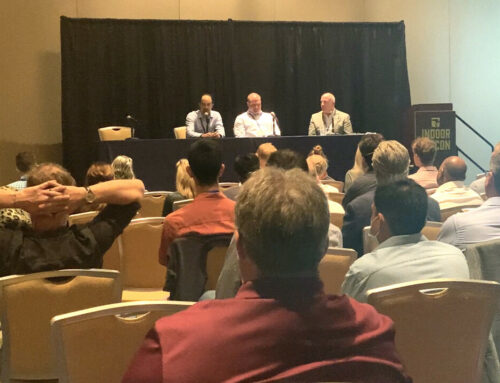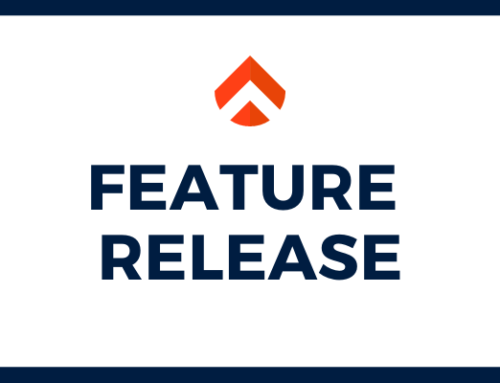Originally appeared on Snippets and written by Allison, our CEO.
At Artemis, we used to hold annual offsites with the whole team. We were a mostly-remote team and now (since Covid) we’re a fully-remote one, so we place a lot of value on getting together as a full team, in-person every so often.
One year, we all attended Cultivate, a huge horticulture show in Ohio as a team. One year we went to Orlando and some of the team arrived early to visit the hydroponic greenhouse at Epcot. One year we went up to Cornell and spent time visiting their R&D greenhouses. It’s good to get out of the office, go visit a farm, and work on things together, as a team.
Due to COVID, we had to go virtual this year and it was, surprisingly, a lot of fun. It took a lot of planning to get right, and virtual events miss some of the key benefits of in-person activities (like visiting farms), but all in all it was a great experience.
I always recommend holding some sort of multi-day work-adjacent event with your team, whether you work remotely or together in an office. And now, more than ever, it feels especially important to get people away from the normal day-to-day and thinking bigger/more creatively.
Not everything was perfect. It never is. We spent 16 hours over two days on zoom, which is exhausting. We had some sessions flop and some absolute winners. Overall though, everyone had a great time. Below are some of the things I’ve learned along the way. I hope it’s helpful for designing your next team event.
- Weekdays only – Don’t plan a work event on a weekend. Nobody wants to do that. Even though you’re “losing” days during the week, plan the offsite during the week. Plus you’re not losing days if done right.
- Length – We have always done two days, but I’ve received feedback that longer might be better, with more breaks and socializing opportunities.
- Only offsite activities – Set expectations that during the offsite, folks aren’t working on normal things. Think about how distracting it is to try and get something done while paying attention to something else. If someone has to step out of a session to close a big deal or get something urgent done, they should step completely out of the room (or leave the zoom).
- Get creative with sessions – This is the most important thing. No one wants to spend two or three days in zoom sessions just thinking about OKRs (Objectives and Key Results) or goal setting. We had a session where we broke into groups and designed a doghouse that went alongside a product ideation/scoping talk. It was awesome.
- Mix group sessions and presentations – Not everyone wants to participate all the time. That’s ok. Have some sessions where a teammate presents on a topic they love or something they find interesting. We had a topic on tarot and another on AI/machine vision. I try to mix 30 minute talks with 1 hour group breakout sessions.
- Session leaders – You should not be presenting every session. Imagine how boring that would be. I would hate attending a two day seminar with just me talking. Try to get your team to lead the sessions and try to have diversity among leaders. Sessions should be led by folks from engineering, product, sales, customer success, HR, accounting, etc.
- Schedule breaks – I never schedule enough breaks. When running offsites remotely, it’s even more important to be intentional about breaks. Is everyone hopping off zoom? Are you having breakout groups so folks can get to know each other? Is it one big group where folks can stay on if they want?
- Don’t forget the fun – With virtual events, it’s even more important to think about how you can have fun as a group. One of my favorite sessions was an optional baking class during lunch led by one of our marketing associates. She taught us how to make Brigadeiro, which by the way, are amazing.





Leave A Comment